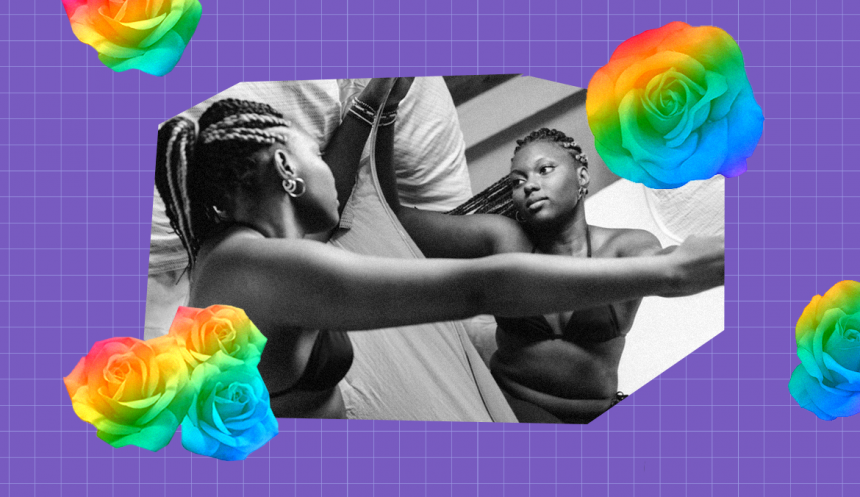Our perceptions of our bodies are constantly changing, influenced by the highs and lows of life as well as the fluctuations in our physical appearance. Body dissatisfaction is a common experience, affecting about 46 percent of U.S. adolescents and adults, according to a study in Clinical Psychological Science from July 2019. When body dissatisfaction starts to impact our body image—how we see, think about, and care for our bodies—it can lead to serious issues. While it’s normal to struggle with body image at times, certain groups, like LGBTQ+ individuals, are more vulnerable to chronic body image issues.
Reasons for LGBTQ+ people being at a higher risk for body image issues stem from identity-based trauma, such as familial and community rejection, limited access to healthcare, experiences of homophobic violence and bullying, as well as anti-LGBTQ+ legislation. Additionally, unique identity factors can affect how queer and trans individuals relate to their bodies, genders, and sexualities. For example, gender dysphoria, which is a feeling of distress when one’s gender identity does not match their sex assigned at birth, can affect body image issues.
Internalized homophobia, or a fear of one’s own attraction due to societal stigma, is another factor that may contribute to body image issues in the LGBTQ+ community. Eating disorders are more prevalent among LGBTQ+ adults and adolescents compared to cisgender, heterosexual individuals, with queer and trans youth being particularly vulnerable. It is important to address these issues by seeking professional help and building a supportive community.
To combat body image issues in the LGBTQ+ community, it is crucial to take a communal approach and involve various individuals like doctors, mental health providers, educators, media creators, faith leaders, parents, and peers. Creating a supportive and inclusive environment where queer individuals can feel accepted in their bodies is essential. Starting open conversations about body image and referring individuals to appropriate resources is a helpful way to provide support. By addressing these issues early on and promoting body positivity, we can help LGBTQ+ individuals feel more secure in their bodies and prevent serious mental health consequences.





